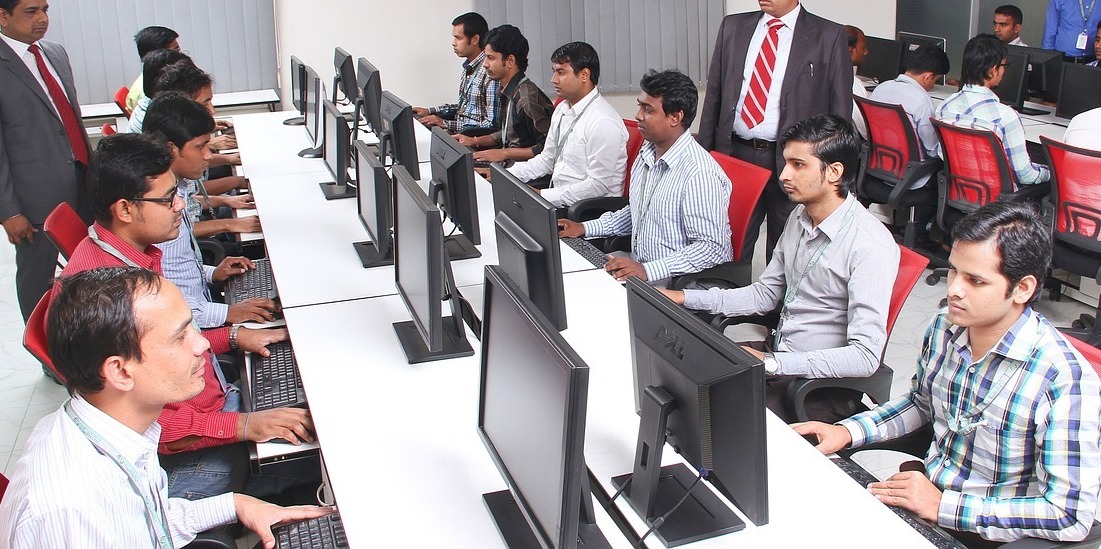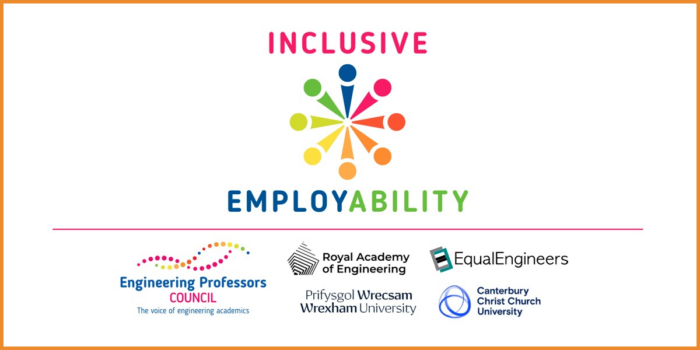From University World News: Issue 260 published 20 February, 2013
The visit of British Prime Minister David Cameron to India this week has left Indian students disappointed that he did not address important higher education issues. There were no concessions on the UK’s post-study work visa for non-European students, and there was little progress on tackling non-equivalence of UK masters degrees in India, they said.
“There was nothing new. I had hoped that Cameron would strongly woo Indian students by offering alternatives to the post-study work visa. But these concerns were not addressed,” said Mohit Agrawal, a final-year student at Delhi University who is looking to do a masters abroad.
The UK government’s policy of allowing foreign students to stay for up to two years after graduation to work was scrapped last April.
Stringent new rules, which stipulate that students can stay for three years post-study only if they find ‘graduate-level jobs’ on salaries of £20,000 (US$30,600) or higher, have been blamed for a 23.5% overall decline in the number of Indian students who enrolled in UK higher education last year, according to official figures released last month by the Higher Education Statistics Authority (HESA) in the UK.
Fewer than 30,000 students from India were studying at UK higher education institutions in 2011-12, compared to around 40,000 the previous year. The drop at postgraduate level was 28%.
“The change in visa rules is the primary reason for the fall in numbers. While students were interested, they were in two minds,” said Somnath Nandy, India country coordinator for Manchester Metropolitan University.
“With limited job opportunities in the UK, students were sceptical about investing a lot of money and not getting adequate returns,” he explained. Working after graduation helped Indian students pay off loans for expensive fees levied by UK universities on international students.
The UK’s high cost of living coupled with an unfavourable rupee exchange rate to the pound, meant students looked at cheaper options, including in Australia, Canada, Singapore and Germany.
Cameron speech
The main purpose of Cameron’s visit from 18-20 March was to attract business and investment to Britain and persuade India to open up its markets to British services.
But he included the vice-chancellors of the universities of Cambridge, Cardiff, Exeter, Southampton, Warwick and the London School of Economics in his entourage, along with David Willets, the universities and science minister.
In a speech at a business event in Mumbai, the British prime minister said: “There is no limit to the number of Indian students who can come and study at British universities as long as they have a basic English qualification and a place at…one of those universities, and there’s no limit to the number that can stay and work in graduate employment.
“I think it’s a very clear, very straightforward offer to a new generation of extremely bright and talented Indian students to come to Britain,” he said.
But Cameron’s comments would not be enough to attract Indian students back to the UK, said Harmeet Pental, regional director for South Asia, North America and the UK at IDP Education India Pvt Ltd.
“Student numbers are directly dependent on government policy. I don’t think we had expected any announcements on policy change, since these have to be collectively taken by the UK government. But we had hoped for some positive signals,” he said.
Other countries more attractive
Universities have been warning the UK government that recent changes to student visa rules mean they face losing bright foreign students to rival institutions in the US, Canada and Australia.
Australia and Canada “definitely have an advantage at this time, with clearcut policies on post-study work for foreign students,” Pental said.
For Jeet Mishra, a final-year student at Ravenshaw University in Cuttack, southern India, Canada offers better study and work opportunities.
Recent changes in Canada’s immigration programme, called the ‘Canada Experience Class’, mean that foreign students who have completed at least a year of studies in the country and have 12 months of Canadian work experience will be eligible to apply for permanent residency.
“It is a huge draw and also a big advantage over other countries,” said Mishra.
The US is also considering a proposal to grant more green cards (residency permits) to international graduate students studying science, technology, engineering and mathematics.
In 2011-12, some 100,000 Indian students enrolled at US institutions, mostly for advanced degrees in engineering, science and mathematics.
Unrecognised masters degrees
Indian students may also be shunning one-year UK masters degrees, which are not regarded as equivalent to two-year masters degrees in India. Willets said he would meet with India’s Human Resource Development Ministry to discuss the problem.
But an expert panel set up by the ministry has advised the Indian government against accepting a British request to recognise the one-year masters as equivalent to the two-year masters degrees awarded by Indian institutions.
The panel suggested that Indian students with one-year masters from Britain must earn additional credits from an Indian university if their UK degrees are to be considered valid for higher studies or government jobs.
“The findings of the committee mean that we can only work in the private sector, which will recognise our degrees. This UK government will not allow us to work in their country and the Indian government will not allow us to work in our country. So our education and skills become useless,” said Neethu Kinara, one of several students who have petitioned the ministry.
The petition highlighted that Indian universities also offer one-year masters degrees, such as the master of library science and master of education, which are valid for higher studies and government employment.
It added that scholarships are offered in partnership with the Indian government for students to study in the UK for one-year masters degrees, despite the fact that such degrees are deemed unsuitable.
Ravi Lochan Singh, managing director of the education consultancy Global Reach, said students had a reason to feel cheated.
“UK education is actively promoted by the British Council in India and several education fairs give their USP [unique selling point] as one-year masters. The phrase ‘globally recognised’ is used at the same time, even though the degrees are not recognised in India.”
A joint statement issued by both countries during Cameron’s visit skimmed the surface of this contentious issue.
“The two leaders welcomed that Indian higher education regulators will actively explore the possibility of creating an enabling environment, by introducing the necessary bridging mechanism through which Indian nationals holding a masters degree from an accredited and recognised British university are able to pursue higher education or gain employment in India, after completing the necessary formalities of eligibility and equivalence,” the statement said.




